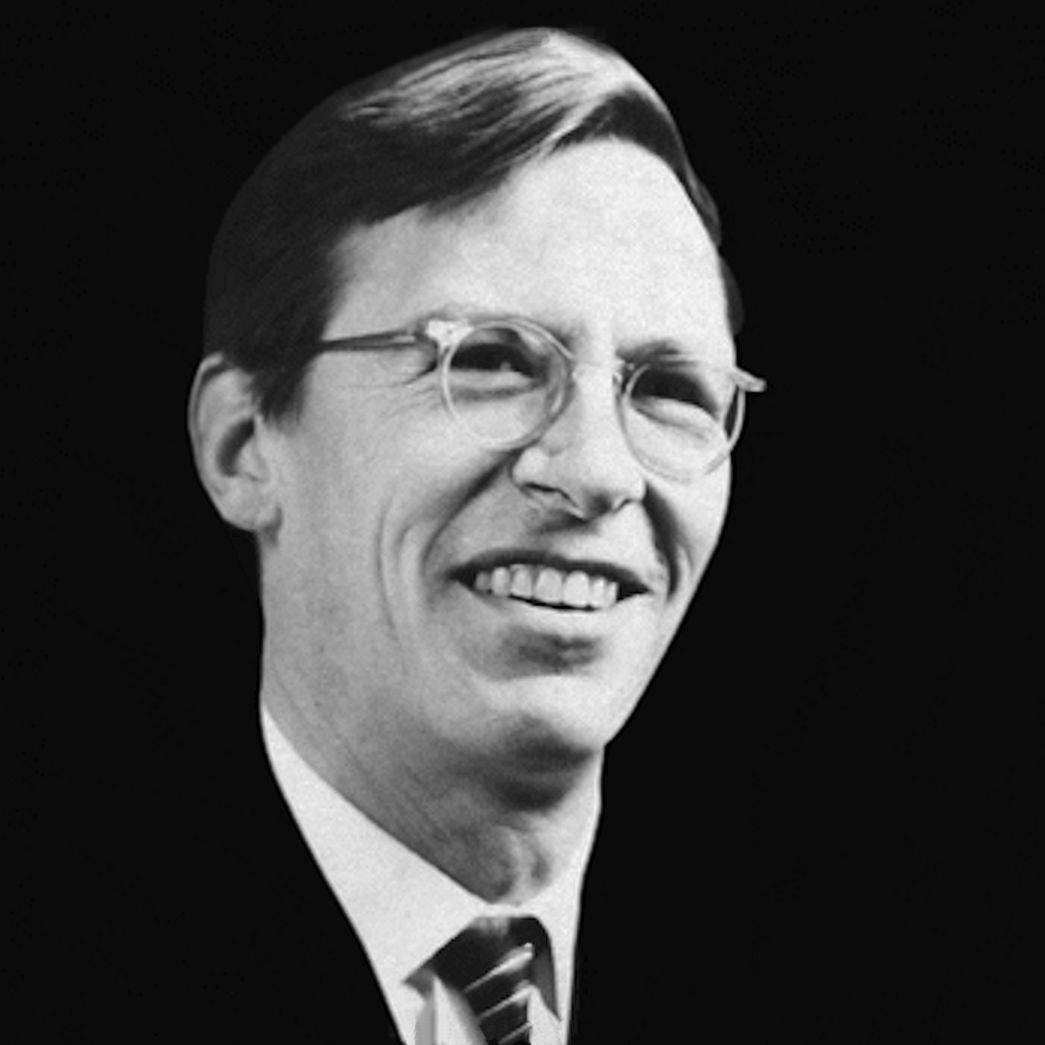John Rawls: Justice and Modern Political Philosophy

John Rawls was the only American philosopher of the last century who made a considerable impact on modern debates on ideas of justice and the nature of the welfare state, constitutional, individual liberties, permissible inequalities and political duty/obligation. My first, and I should say only, encounter with Rawls was through the pages of his magnum opus ‘A Theory of Justice‘ (1971/1999) where he posits his principles by which a just society could be given direction – that there must be basic liberties (of faith, association, speech etc.) and that the perceived and palpable inequalities that inevitably arise from liberty are so organised to bring maximum benefit to the worst off, and that includes vital equality of opportunity. As a political philosopher, Rawls was certainly influenced by the earlier social contract theories of John Locke and Jean-Jacques Rousseau, in which citizens willingly give up some of their liberties in return for state protection and order. Rawls states his ‘priority rule’ thus: “a less extensive liberty must strengthen the total system of liberty shared by all.” Another ‘priority rule’ is that equal opportunity is more vital than heading towards a certain totality-of-society outcome, or what a (paternalistic) government may believe is for the good of the citizens of a nation. Read More…

 Photo gallery
Photo gallery Photo gallery
Photo gallery You’re a role model sir, such awesomeness !!! :D
You’re a role model sir, such awesomeness !!! :D Photo gallery
Photo gallery Photo Gallery
Photo Gallery Still a fan of your unique and sweet finger strum on acoustic guitar. It made an ordinary guitar sound great. Would just love to see and hear one of those too.
Still a fan of your unique and sweet finger strum on acoustic guitar. It made an ordinary guitar sound great. Would just love to see and hear one of those too. love ur pics…they are like those moments which u capture in your mind and wished u had a camera right at that moment to capture it…but u actually do capture them :) beautiful…!!!
love ur pics…they are like those moments which u capture in your mind and wished u had a camera right at that moment to capture it…but u actually do capture them :) beautiful…!!! Absolutely amazing blog – a chest full of treasure.
Absolutely amazing blog – a chest full of treasure. veryveryinterestingwebsite.have been visiting! thankyou!
veryveryinterestingwebsite.have been visiting! thankyou! Grt milindo. eachtime want to check out something good on net…know where to go now!
Grt milindo. eachtime want to check out something good on net…know where to go now! You are the only faculty member I could connect to!
You are the only faculty member I could connect to! great blog :)
great blog :) OMG its like a painting!! you have taken photography to another level!!!
OMG its like a painting!! you have taken photography to another level!!! Photo gallery
Photo gallery This is by far amongst the best curated creative content sites out there and the eye and vision of one man, when good, works better than any funded team. Inspired enormously once again :)
This is by far amongst the best curated creative content sites out there and the eye and vision of one man, when good, works better than any funded team. Inspired enormously once again :) Photo gallery
Photo gallery Hi Milindo, hope you are inspiring many more around you…wherever you are!
Hi Milindo, hope you are inspiring many more around you…wherever you are! Photo gallery
Photo gallery Photo gallery
Photo gallery Utterly Brilliant! I just thought you should know that you have engaged another human with your work here, and for that I thank you!
Utterly Brilliant! I just thought you should know that you have engaged another human with your work here, and for that I thank you! So glad you enjoyed my photos, really honored to be featured on your blog. thank you sir!
So glad you enjoyed my photos, really honored to be featured on your blog. thank you sir! Photo Gallery
Photo Gallery Its really good to see you Milindo, with such awesome stuff from you as usual.. loved your blog as well!
Its really good to see you Milindo, with such awesome stuff from you as usual.. loved your blog as well! Photo gallery
Photo gallery Photo gallery
Photo gallery Love your site Milindo. I was excited to see you displaying my husband’s watermelon carvings
Love your site Milindo. I was excited to see you displaying my husband’s watermelon carvings Photo Gallery
Photo Gallery Photo gallery
Photo gallery Photo gallery
Photo gallery Milind never told u but u were my first true inspiration….I almost learnt the guitar watching u play…..thanx for being there
Milind never told u but u were my first true inspiration….I almost learnt the guitar watching u play…..thanx for being there Your courses were always the best. By the way, just went through a bit of your website. It’s great! Some good stuff in there that I wouldn’t normally chance upon
Your courses were always the best. By the way, just went through a bit of your website. It’s great! Some good stuff in there that I wouldn’t normally chance upon Photo gallery
Photo gallery I was just looking at your website… amazing it is… full of knowledge as always..
I was just looking at your website… amazing it is… full of knowledge as always.. Photo gallery
Photo gallery Guitar in your hand reminds me of the MCRC days! You are terrific… :)
Guitar in your hand reminds me of the MCRC days! You are terrific… :) Oldest operating bookstore
Oldest operating bookstore Photo gallery
Photo gallery You are inimitable!
You are inimitable! We need more teachers like you :)
We need more teachers like you :) Photo gallery
Photo gallery hope you’re changing the world as always :)
hope you’re changing the world as always :) i really like your blog – good interesting stuff as always !
i really like your blog – good interesting stuff as always ! Milindo Taid – ace teacher, rockstar guide to my projects at film school, guitarist and photographer too. Really good human being as well
Milindo Taid – ace teacher, rockstar guide to my projects at film school, guitarist and photographer too. Really good human being as well Never thought I’d say this, but it was the most interesting classes I’ve sat in.. and of course, the day you played Sultans of Swing for us. Hope you continue to influence the next generations with your dynamic yet simple teachings.
Never thought I’d say this, but it was the most interesting classes I’ve sat in.. and of course, the day you played Sultans of Swing for us. Hope you continue to influence the next generations with your dynamic yet simple teachings. You’ll love this site by the awesome Milindo Taid
You’ll love this site by the awesome Milindo Taid Your website is full of delightful posts. I’m going to have to watch where my time goes when I’m visiting! :)
Your website is full of delightful posts. I’m going to have to watch where my time goes when I’m visiting! :) #NowFollowing @Milindo_Taid One of the most influential n interesting mentor from my design school. Always loaded. :)
#NowFollowing @Milindo_Taid One of the most influential n interesting mentor from my design school. Always loaded. :) I discover TL of a writer and respected intellectual, with a tolerant, global conscience: @GhoshAmitav – tx @Milindo_Taid
I discover TL of a writer and respected intellectual, with a tolerant, global conscience: @GhoshAmitav – tx @Milindo_Taid You are awesome :)
You are awesome :) Just detected your blog: impressive. wishing you continued inspiration and health.
Just detected your blog: impressive. wishing you continued inspiration and health. Photo gallery
Photo gallery Photo gallery
Photo gallery With all the magical places you are checking off your bucket list! I want to know how to be you :)
With all the magical places you are checking off your bucket list! I want to know how to be you :)